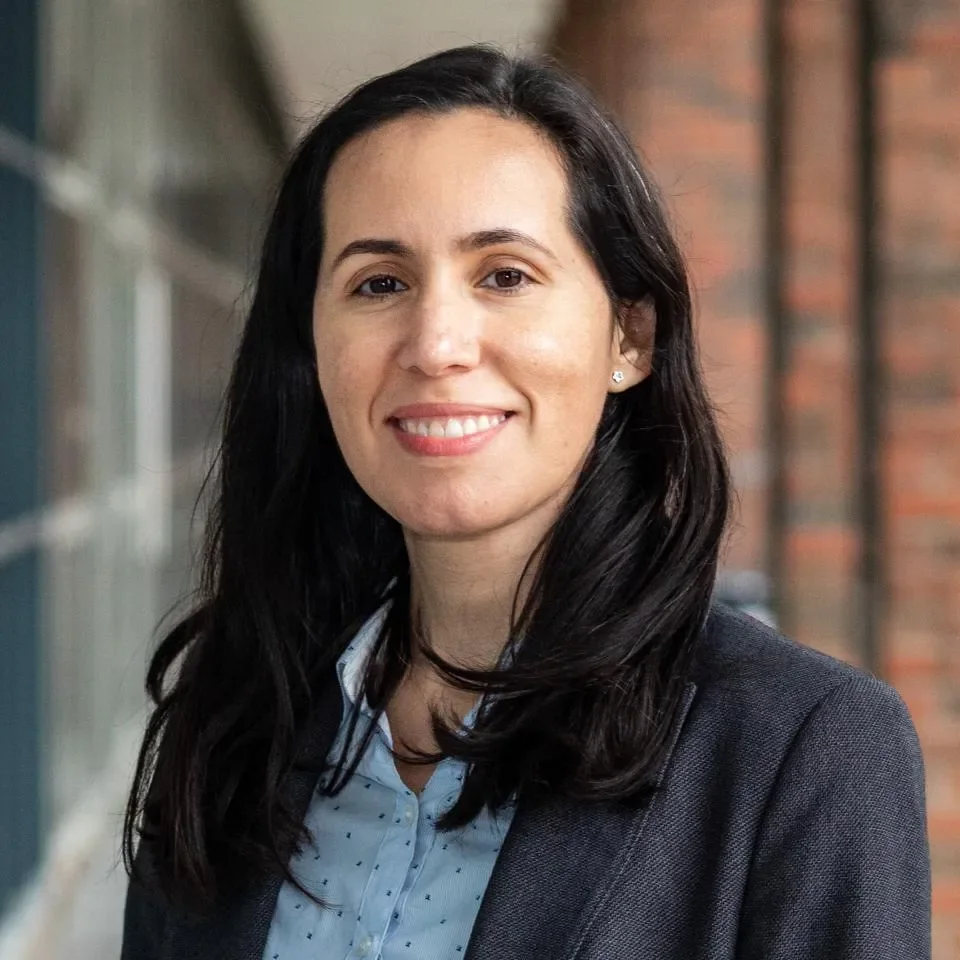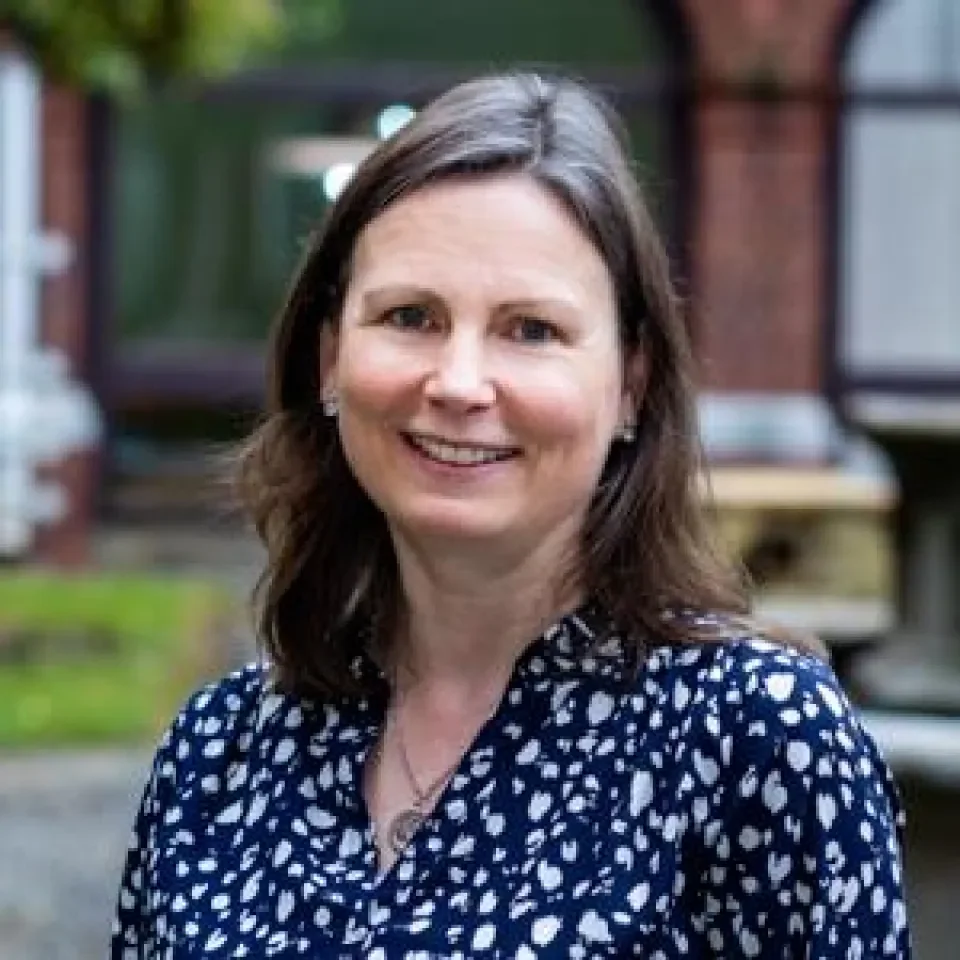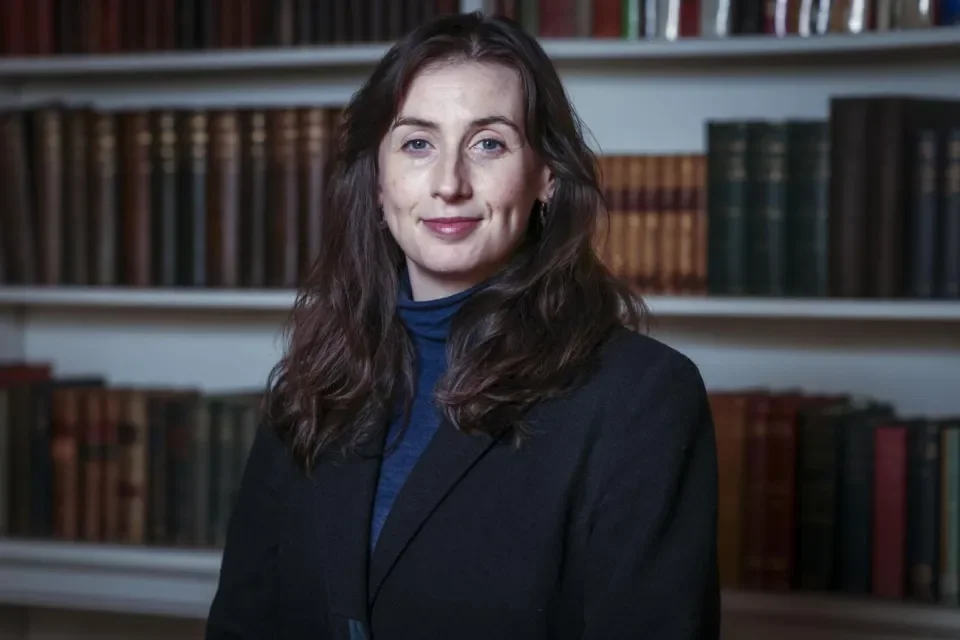
Research Newsletter - Issue 102: Spotlight
Housing: DCU research examining and charting a key crisis of our time
March 2025
Housing is an issue affecting a huge portion of the population, including many DCU staff and students. As with many aspects of our lives, it is an issue in which researchers at the university are trying to tackle, from a range of perspectives. With no end to rising property prices in sight, bar devastating recession, there is much to examine and mitigate.

Dr Valesca Lima
The SHINE Project is an innovative initiative led by Dr Valesca Lima (School of Law and Government), and funded through the Research Ireland National Challenge Fund. Bringing together DCU’s School of Law and Government and School of Electronic Engineering, the project combines Dr Lima’s housing policy expertise and the use of non invasive environmental sensors. These sensors can be used to proactively indicate potential health risks such as mould, allergens or harmful fumes before they become serious issues. The project seeks to inform policymakers’ and practitioners' decisions and ensure the wellbeing of vulnerable groups living in social housing.
Dr Lima has also recently completed a study of the challenges facing migrants seeking housing in the Irish market. Funded by The Housing Agency, the study found that overt and systemic forms of discrimination added to an already steep learning curve for those arriving to Ireland. As mitigation tactics, participants spoke of using anglicised versions of their names in applications, emphasising professional or academic associations, and use of EU passports and other documents in cases of dual-nationality. Local contacts can be crucial when navigating the housing search in the private rental market, and avoiding rental scams.

Dr Ruth McManus
In part, Dr Ruth McManus’ (School of History and Geography) research takes a more historical approach. Most recently she produced the ‘Housing the People, Building the State’ project, which examined housing policy of the Irish Free State, spanning the 1920s through to the outlook of Housing Acts in the early 1930s. This project, a collaboration with the Royal Irish Academy, culminated in an exhibition and publication which incorporated stories and memorabilia submitted by the general public. Dr McManus has written extensively for RTE Brainstorm, most recently demonstrating how her research traces factors which are still affecting our lives in the present. In a piece published last October, Dr McManus charted the origins and course of the student housing crisis over the last eighty years.
Previously, Dr McManus published an account of early social housing schemes in Dublin. Touching on concerns similar to those at the heart of Dr Valesca Lima’s research, 'Building Healthy Homes: Dublin Corporation's Early Housing Schemes 1880 – 1925' charts how these housing developments sought to end a housing and public health crisis of immense proportions, a legacy of the nineteenth century. This previous housing crisis was initially tackled with small inner city schemes, many of which are unknown to present-day Dubliners. Yet, these schemes were built well and endure to this day.

Dr Kathleen Stokes
In terms of initiatives which contribute to easing the current housing crisis, a previous collaboration between Dr Kathleen Stokes (School of History and Geography) and the Dublin Simon Community explored the possible refurbishment of vacant ‘above the shop’ units for potential residential use. "The Opportunities and Challenges of Vacant ‘Above the Shop’ Units (VATSUs) for Residential Use in Ireland" report delved into the opportunities, processes, and complexities of repurposing vacant units above commercial properties for residential use, particularly for social housing.
The findings of the report offered valuable insights for policymakers, housing organisations, and urban planners seeking innovative solutions to housing challenges, whilst maintaining the structure of our historical buildings and the social cohesion of our communities.
The report made a number of recommendations, including trialling innovative design renovations of vacant buildings in areas with high commercial or retail vacancy, to improve local street life while expanding residential opportunities from VATSUs to the ground floor. It also examined the potential for feasibility grants to examine the residential potential of VATSUs, and estimated costs for renovation. Finally it recommended seeking out owners of multiple VATSUs, particularly when co-located across multiple buildings, to examine ways of renovating simultaneously to increase the cost-efficiency and quality of residential units.
Research at DCU concerns a wide range of social challenges, including housing in a time of intense and prolonged crisis in Ireland. While such a complex and large issue cannot be solved or completely explained by any one project, each of these initiatives contributes potential alleviation or better understanding of this crisis, its challenges, and any opportunities there are for change.
